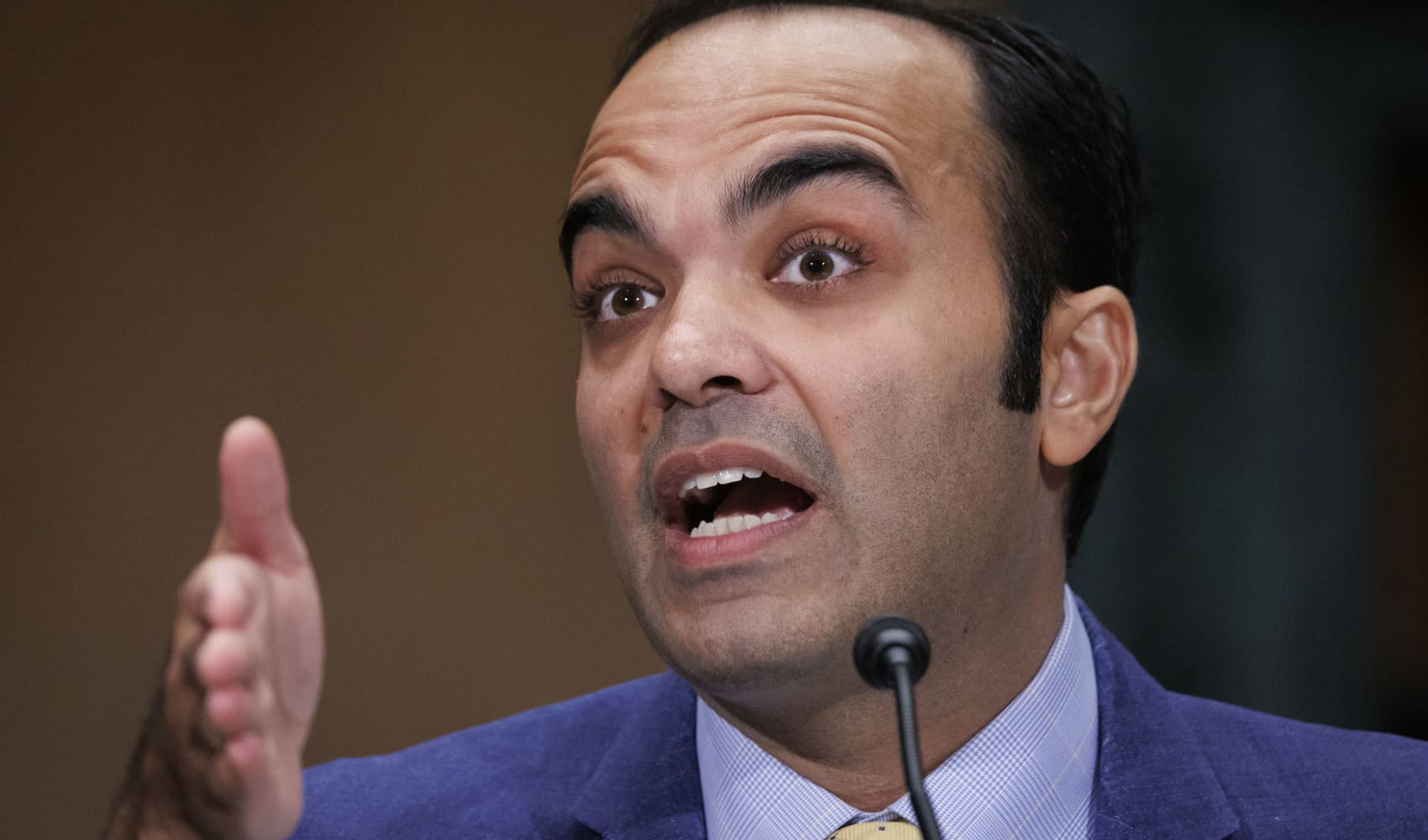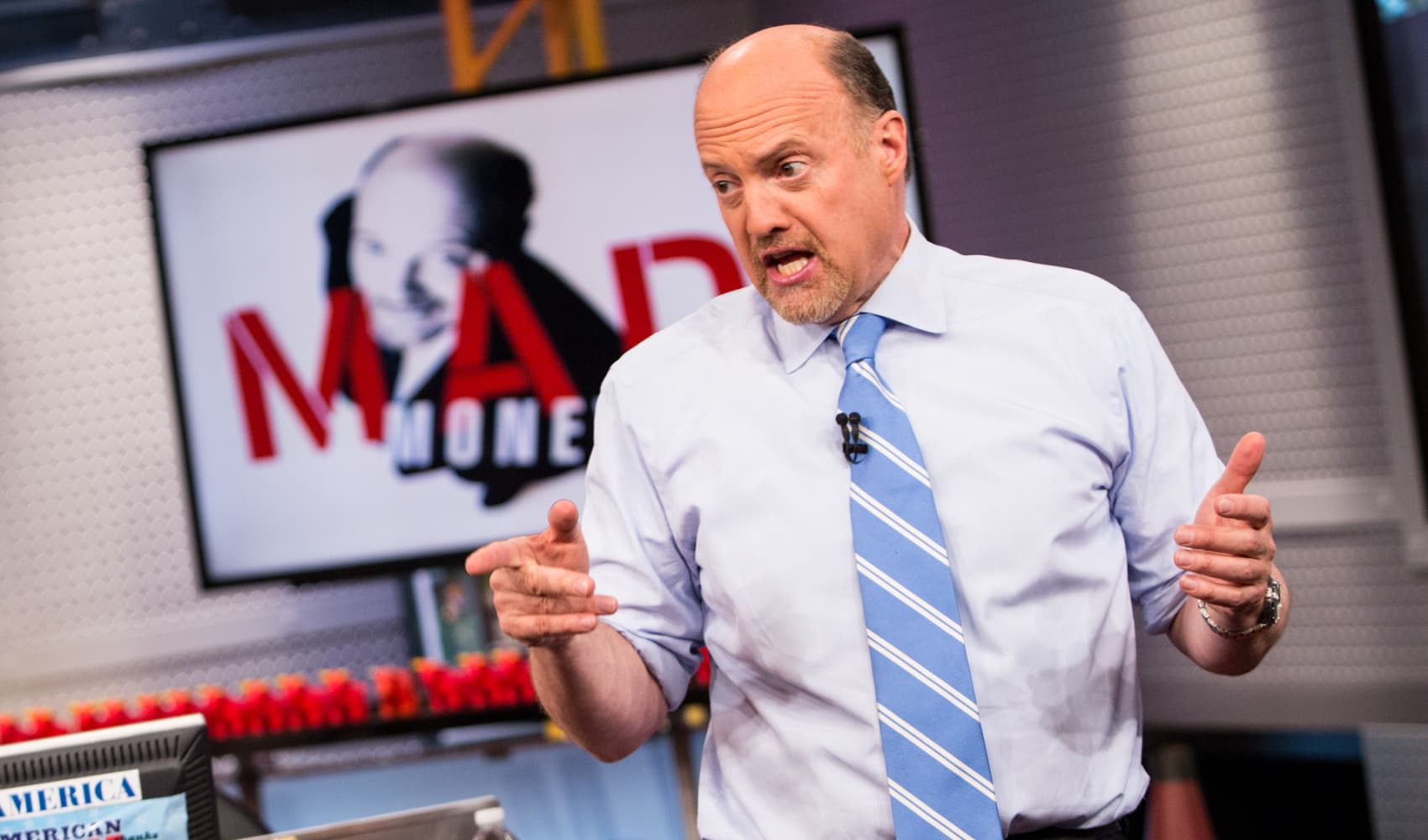
- Peloton's Bike drove a plot point in the first episode of HBO Max's "Sex and the City" reboot.
- Shares of the company are down 75% this year, after falling on Thursday and Friday.
- The home exercise company is struggling with slowing sales and public relations challenges, including the voluntary recall of its treadmill earlier this year.
Peloton Interactive's stock move Friday came with a spoiler alert.
The connected fitness company's Bike drove a key plot point in the reboot of "Sex and the City" on HBO Max, and the company's reaction to the news raised questions among investors about its handling of its image.
In addition, Peloton received a ratings downgrade Friday that stoked ongoing concerns about weakening demand for its products. Credit Suisse analyst Kaumil Gajrawala cut the company's price target by more than half, from $112.00 to $50, as he changed the stock's rating from outperform to neutral.
Get Philly local news, weather forecasts, sports and entertainment stories to your inbox. Sign up for NBC Philadelphia newsletters.
Shares of the company hit a 52-week low of $37.67 in trading Friday, and ended the day down 5.4% at $38.51. On Thursday, shares fell 11%. That was the same day as the debut of "And Just Like That ... ," the latest iteration in the "Sex and the City" franchise, with the first episode featuring a dramatic scene involving Peloton's Bike.
Peloton's stock is down nearly 75% for the year, giving it a market value of about $12.6 billion.
Money Report
Peloton was widely seen as a pandemic winner last year, along with home improvement companies and streaming services. As people stayed at home and skipped the gym, they bought equipment and set up their own home fitness studios. That backdrop has changed as people have gotten Covid vaccines and started to resume old habits.
As sales have slowed, the company reduced the price of its original Bike by hundreds of dollars and ramped up marketing efforts. It also faced regulatory scrutiny and announced a voluntary recall of its treadmills in May, after reports of one death and dozens of injuries.
(The next part of this story contains a spoiler for the first episode of "And Just Like That...".)
In recent weeks, Peloton has slashed its full-year forecast and frozen hiring. It made headlines again on Thursday after one of the main characters of "And Just Like That...", Mr. Big, died after a 45-minute Peloton class.
Peloton issued a statement to various media organizations from Dr. Suzanne Steinbaum, a cardiologist and member of the company's health and wellness advisory council, that said she was saddened by the news of Mr. Big's heart attack. Yet she chalked it up to his unhealthy habits.
"Mr. Big lived what many would call an extravagant lifestyle — including cocktails, cigars, and big steaks — and was at serious risk as he had a previous cardiac event in Season 6," she said in a statement. These lifestyle choices and perhaps even his family history, which often is a significant factor, were the likely cause of his death. Riding his Peloton Bike may have even helped delay his cardiac event."
Peloton's portrayal in "Sex and the City" could point to potential trouble with brand, BMO Capital Markets analyst Simeon Siegel said in a research note. He referred to reports that the company knew of the product placement, but not how it would play into the show's plot.
"Although unlikely to impact sales, it does question whether PTON is losing degrees of control over its storytelling, perhaps its greatest achievement to date," he said. "Although all PR is supposedly good PR, it's hard to ignore the changing tide in Peloton's public perception."
Siegel has rated the company's stock an underperform, with a price target of $45.00.
There were no mentions of the "Sex and the City" plot twist in the Credit Suisse research note. Instead, Gajrawala pointed to more fundamental issues facing the company in the year ahead. He said Peloton's exercise equipment is a tougher sell as people are out and about again, raising the likelihood "of a no-to-low growth [fiscal year 2022.]"
Another company, Lululemon, has also run into trouble with at-home fitness. It acquired Mirror, for $500 million last year. On Thursday, however, it cut its forecast for the device's sales.






